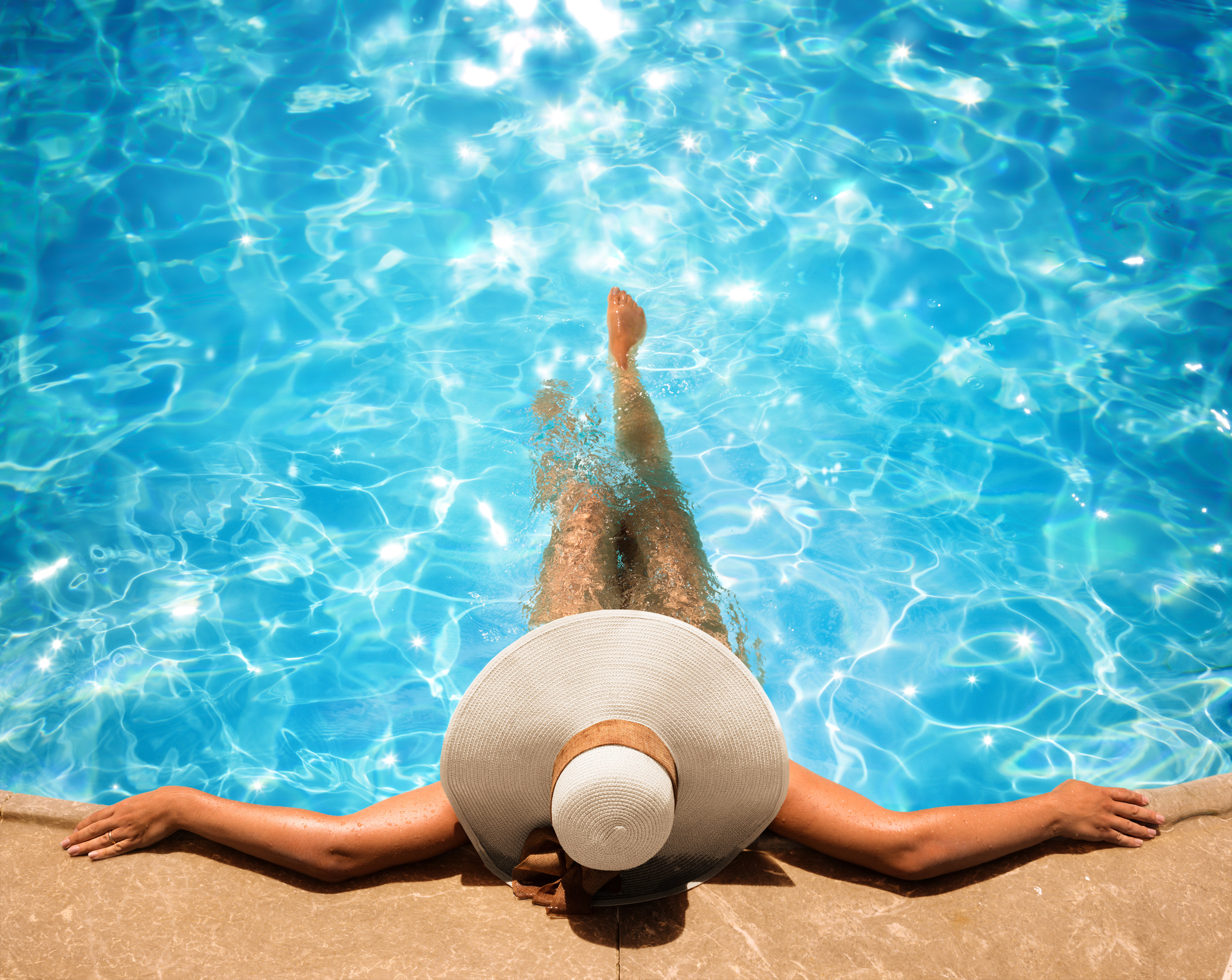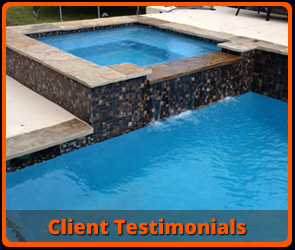What’s the best addition to your outdoor oasis? If you live in Katy, Texas where the sun shines most of the year, a pool is a perfect choice.
Even if your space is small or oddly shaped, a custom-designed swimming pool is possible. Just imagine slipping into those inviting cool waters after a long, hot day at work.
You’ll have a lot of fun picking out shapes, fountains, and decorations for your new pool. But there is one major thing you should consider. How will you keep your pool clean? Should you choose a salt water pool or a chlorine one?
Let’s look at the major differences between the two options.
1. Price
Budget is always a big concern when adding a new addition to your home. The great thing about a pool is that not only do you get to enjoy it but also it makes your home more attractive to potential buyers when you’re ready to sell.
However, you do have to consider both the upfront costs of installing your pool and the ongoing maintenance costs.
Upfront Costs
When looking at the upfront costs of pool installation, chlorine pools are a clear winner. This is because salt water pools require special equipment.
The biggest extra cost is the salt water generator that the pool uses to produce chlorine. This is what keeps a salt water pool clean and safe for human use and free of algae buildup.
Ongoing Costs
When it comes to ongoing costs, however, the winning type of pool is not quite so clear cut.
Chlorine pools need to be frequently maintained and monitored. To keep the pool clean and functioning properly you have to add expensive chemicals frequently. You also need to have a safe place to store those chemicals until you’re ready to use them.
The salt water generator takes care of this for you. All you need to do is check the levels on occasion to ensure the system is functioning correctly. However, you have to factor in the cost of electricity to run the generator.
Feel free to experiment with how long you need to run it. You can keep your electricity costs down by not running it unnecessarily. But you also have to run it enough for it to be effective.
Another thing to consider is that the salt can cause damage to surrounding installments such as your pool deck. Depending on what you have in the area surrounding your pool you’ll have to calculate in extra maintenance costs for that upkeep.
2. Maintenance
Chlorine pools require maintenance about twice as frequently as salt water ones. Chlorine levels have to be constantly monitored and new chlorine added as necessary. The average chlorine pool will require more chlorine tablets or sticks about once a week.
A salt water pool, on the other hand, produces its own chlorine via the generator we’ve already mentioned. You still have to keep an eye on the chlorine levels. However, you can stretch your maintenance sessions out to once every two weeks.
Also, you add salt to the pool rather than chlorine so you don’t have to worry about storing dangerous chemicals.
Both types of pools will require periodic chlorine “shocks”. This wards off algae growth and keeps the water sanitary. As we already mentioned, the salt water generator helps to inhibit algae from growing. Thus, a salt water pool will need to be shocked less frequently.
A downside to salt water pools is that the system is more complex. If something goes wrong or you need to do something outside of regular maintenance, you may have to call a professional. The simpler system of a chlorine pool, though, makes it easier to perform DIY fixes.
One extra step with salt water pools is having to remove and maintain the generator cells on occasion. Once a season is usually frequent enough. So it’s not a big job, but something to keep in mind nonetheless.
3. Health Effects
Another important difference is the health effects that each type of pool has on the swimmers. Both pools contain chlorine as we’ve discussed, as this chemical is necessary to kill bacteria that can be harmful to anyone using the pool.
Salt water pools carry a lower concentration of chlorine. Plus, the natural electrolysis process through which the generator makes chlorine produces a softer chemical that is easier on the skin. It is also thought to expose the swimmer to fewer toxins.
Many people have trouble with swimming in chlorinated pools. Their skin may break out or the chlorine may bother their eyes. Most of these folks don’t have any trouble swimming in a salt water pool.
Keep in mind that swimming in a salt water pool is not like swimming in the ocean. The salt concentration is less. Thus most swimmers can even open their eyes underwater will little ill effects.
Also, it doesn’t dry out the skin or cause as many allergic reactions.
Chlorine or Salt Water Pool?
Ultimately, the right pool for you will depend on which factors are most important to you. If you prefer lower upfront costs and don’t mind paying a little more for maintenance than a chlorine pool is for you.
If you prefer a softer swimming experience and want to avoid using harsh chemicals than opt for a salt water pool. Both are great options it just depends on what you’re looking for.
Still have questions? To find out more, feel free to contact us with any questions or concerns. Once you know which kind of system you want it’s time to start the fun part–picking out your design. Of course, we can help with that too!




